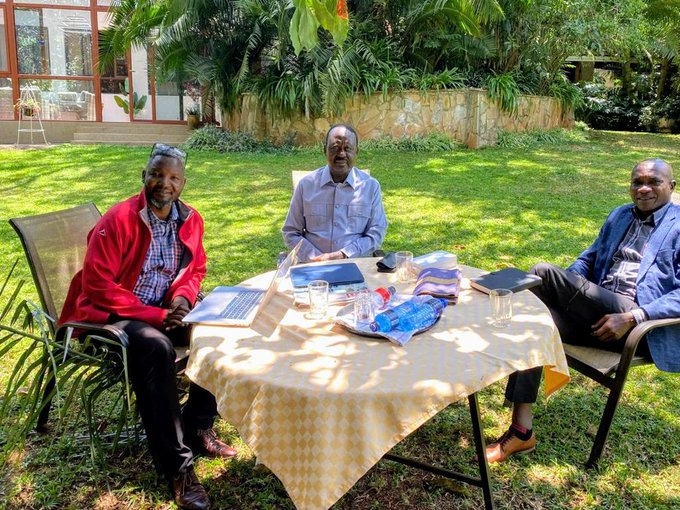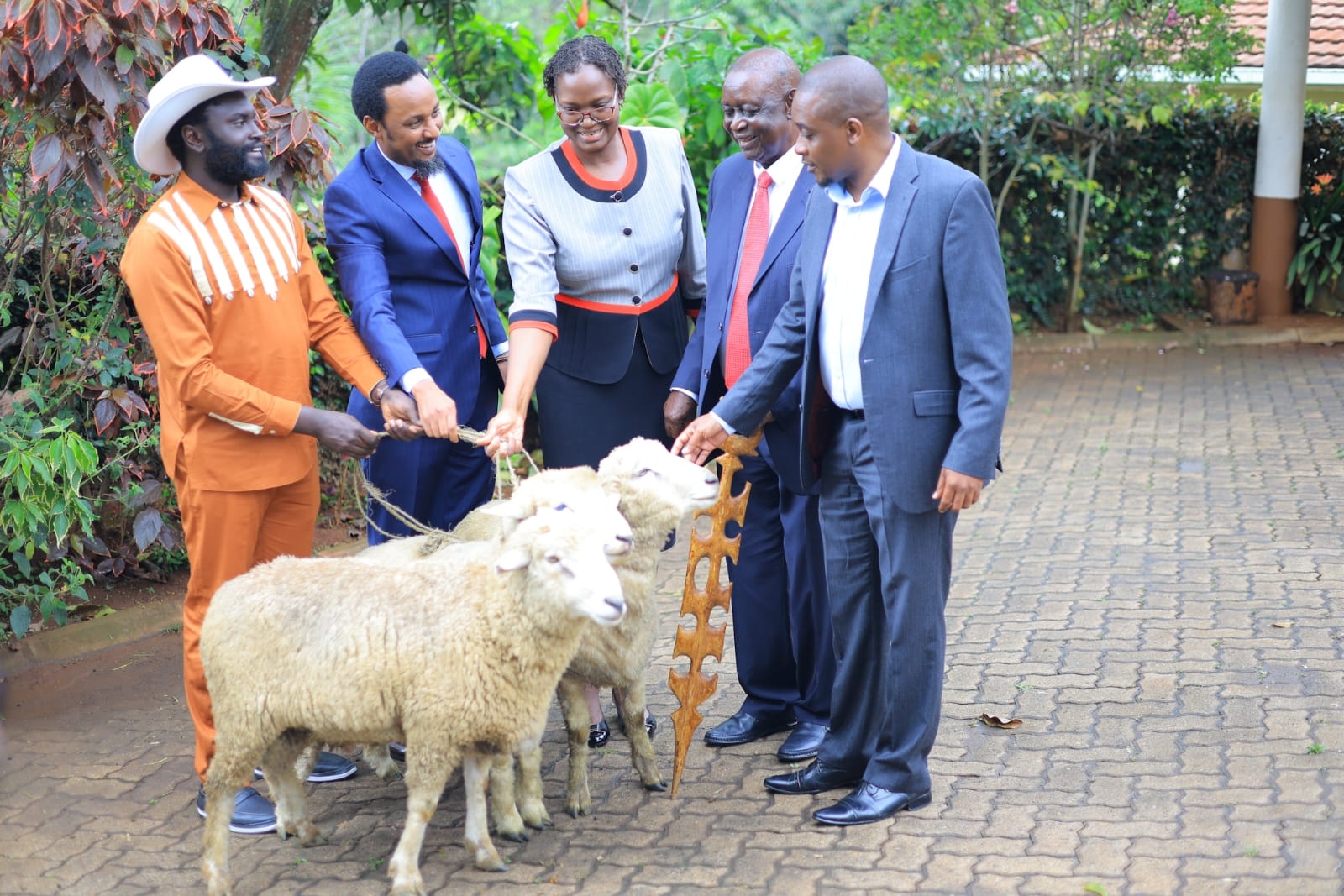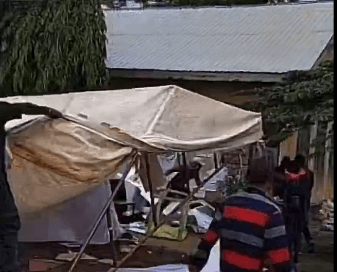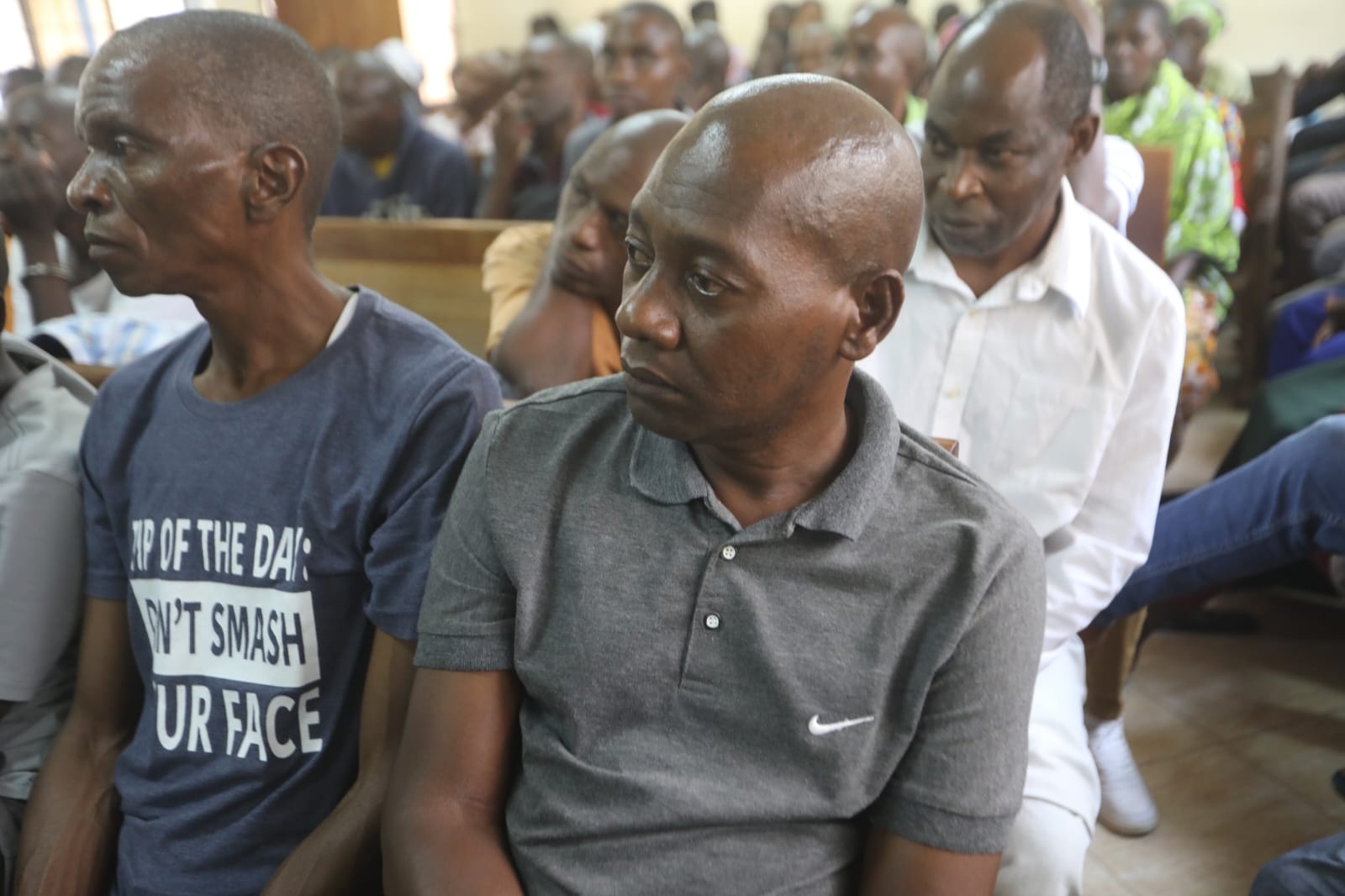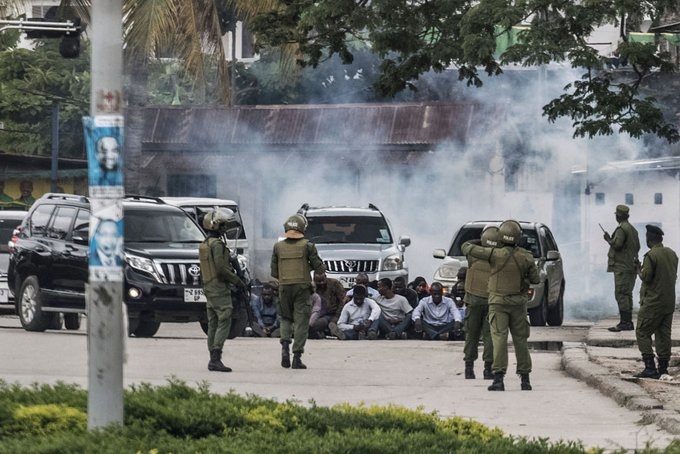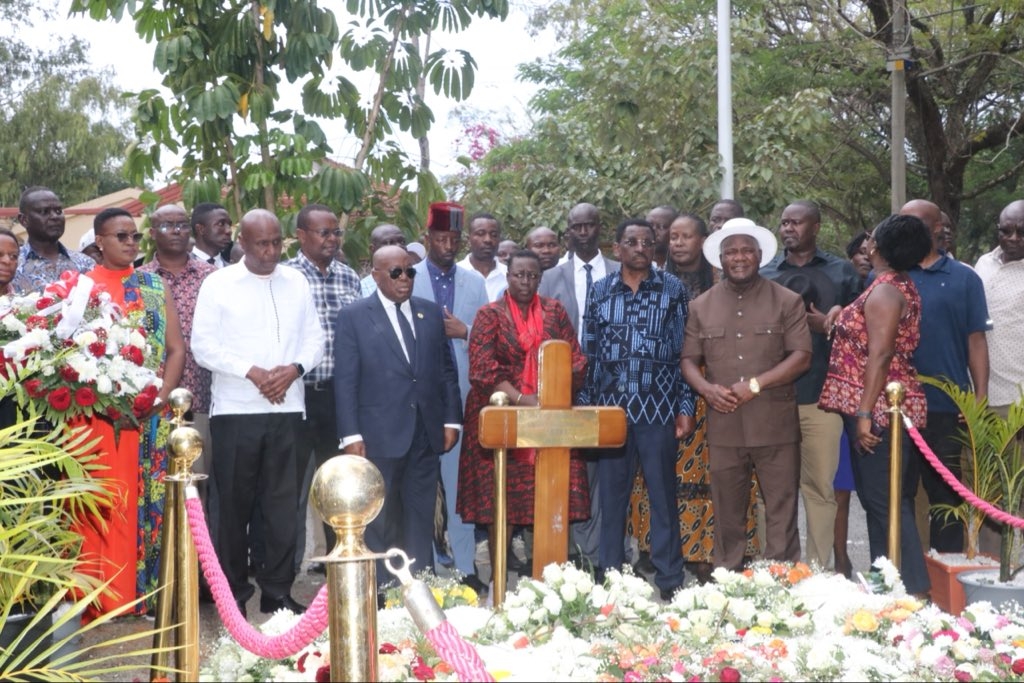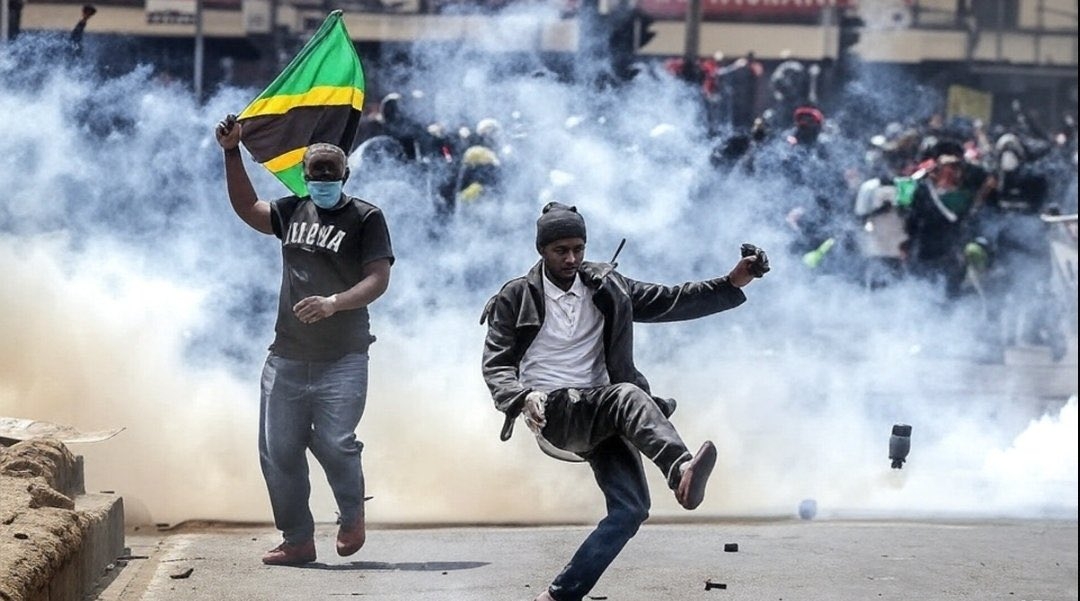The latest assault on food security is unconscionable. Farmers, especially of subsistence scale, have no way of determining the quality of seeds and fertilisers they buy. They rely on official systems, controls and policies for protection from ‘enterprising’ Kenyans.
Once consumers see a Kenya Bureau of Standards mark on the packaging of a product, they don’t doubt its quality. Kebs, the national standards police, has its mark trending on a farm input of questionable quality.
A registered company scooped soil, packed it in gunny bags, and then sold it to farmers in Bomet, Kisii, Uasin Gishu, Siaya, Homa Bay, Machakos and other counties, as ‘subsidised’ fertiliser.
From assorted testimonies of takers, it turns out the National Cereals and Produce Board was a willing promoter of the controversial fertiliser.
Nothing reeks strange any more in a polity where anything goes. There is no fear of accountability. Compromising food security came easily to the perpetrators of the unresolved scam.
The Kenya Bureau of Standards told the National Assembly Agriculture Committee, last week, that a registered company supplied contraband fertiliser for over one year to the National Cereals and Produce Board without raising suspicion. The public quality assurance police admitted gross complicity or negligence or both.
The NCPB distributed and sold the fertiliser to farmers without determining the quality of the product. Now the supplier is accusing Kebs of peddling falsehoods to run the fertiliser ‘manufacturer’ out of the suspicious business.
Meanwhile, the NCPB blames Kebs and other public quality assurers. “The onus of developing standards for fertilisers to ensure there is no market confusion lies with the Fertilizer and Soil Amendment Committee of the Kenya Bureau of Standards.” Representatives from the fertiliser industry, Ministry of Agriculture, Kalro, Kephis and Government Chemist sit in the standard’s committee.
This is not the first time the NCPB has been caught up in a mess that compromises food security. Farmers in the North Rift, Kenya’s bread basket, have always accused the national grain granary of questionable trading practices. These practices at once hurt farmers and undermine food security.
That the affront actually took place marks the excesses of mischievous people who exploit weak systems and checks to enrich themselves. Doing so at the expense of the public and getting away with it for two years is unconscionable impunity.
During the 2023 long rains season, a farmer in Homa Bay suffered the worst of consequences of planting the wrong seeds or using contraband fertilisers. The rains were generous, but the crop was stunted.
The plants did not grow beyond a foot above the ground, even after 60 days of heavy rain. But all around, maize fields were flowering. Weaver birds were chirping, building nests atop strategic trees around neighbouring farms. The architect birds have a way of telling a promising season.
Villagers would show up to watch the maize that refused to grow. The leaves of the strange maize variety grew greener, and thicker like wild cabbages. There was no extension worker to explain the spectacle.
The farmer lost an entire season’s crop, after investing in harrowing the rented field, ploughing, buying seeds, planting and weeding. The farmer lost time, energy and money.
Last year, some North Rift farmers complained of barren maize fields. The crop grew to reasonable height, flowered and cobed. But there was confusion when the cobs didn’t have grains. There was talk of ‘male’ maize. Pollination had failed.
Farmers heard about plant ‘gender’ confusion on this scale, for the first time. There has been no public explanation of the incident. The supplier of the ‘male-only’ seeds did not publicly account.
Contraband seeds and fake fertilisers undermine food security. A threat to isolated farmers somewhere is a threat to national food security and quality everywhere.
The fertiliser scandal first came to light through the work of investigative journalist Allan Namu’s Africa Uncensored, but it’s yet to trigger public rage for remedial action. Apart from the belated actions by Kebs and the National Assembly, the indifference to the affront is typically Kenya in the era of post-impunity.


